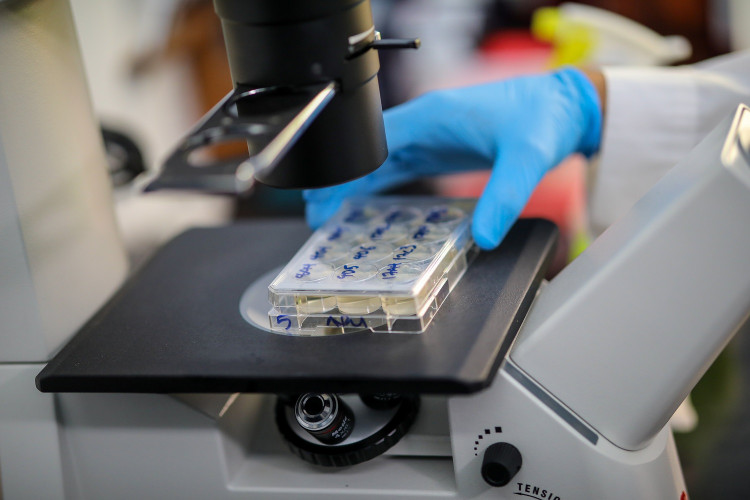Mayo Clinic has developed a new breakthrough blood test that can detect more than 50 different types of cancer early on.
Grail, a California-based health care company, developed Galleri, a new multi-cancer early detection test in collaboration with the Mayo Clinic. Through a simple blood draw, the test can detect various types of cancer.
The test analyzes methylation patterns of cell-free DNA (cfDNA) in the bloodstream, which can carry cancer-specific information, using next-generation sequencing and machine-learning algorithms. Cells use the process of DNA methylation to control gene expression.
Galleri will pinpoint where the cancer is coming from in the body if a cancer signal is detected, allowing health care providers to determine the best next steps for patient treatment.
In the U.S., recommended cancer screenings currently only cover five types of cancer and can only screen for one at a time. According to Grail, cancers that are not commonly screened for account for 71% of cancer deaths.
Galleri costs $949 and must be ordered by a licensed health care provider such as a physician, nurse practitioner, or physician assistant. It is not covered by insurance.
Two tubes of blood are drawn and delivered to Grail's lab for testing. The results are usually available two weeks, after the blood draw.
An interventional study involving the Mayo Clinic and 6,600 participants yielded 29 signals, each of which was followed by a cancer diagnosis. Another study discovered a false positive rate of less than 1%.
Galleri should be used in addition to other routine cancer screening tests, such as a colonoscopy or mammograms, in adults with an elevated risk of cancer, such as those aged 50 or older.
Grail is currently working with the Food and Drug Administration to obtain full approval for Galleri.
"Galleri is intended to be a complement to, not a replacement for, U.S. guideline-recommended cancer screening," according to the company.
Galleri will be available at Mayo Clinic locations in Rochester, Minnesota, Jacksonville, Florida, and Phoenix before the end of the year. It will also be available in southern Minnesota and Wisconsin at Mayo Clinic Health System locations.






